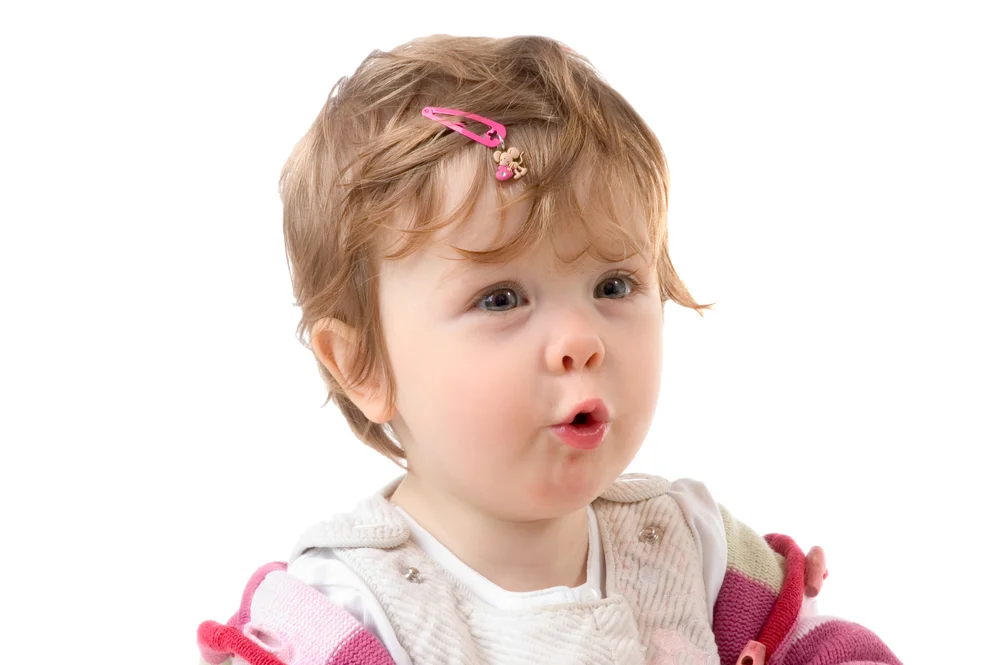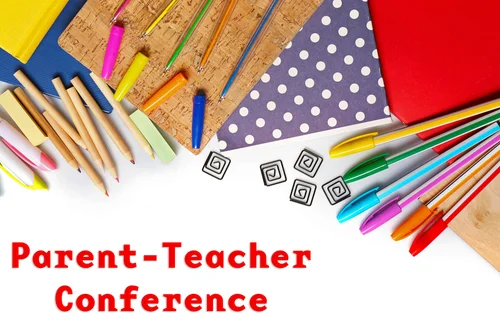Are You Confused By The Latest Study On Parenting ?
Based on my experience, first as a teacher, then as a parent and now as a parent coach, I am well aware of the confusion and conflicting advice floating around the many parenting decisions faced by today's families.
Back in the childrearing days of the eighties when I began having children, there were few studies, no internet and just a few books published on the subjects of parental concerns. Today, even when parents google their questions, read the latest blogs, articles, and books on their topics of concern they are confused and anxious about the big decisions. In some cases even more so by the conflicting information that is being offered: breast or bottle, co-sleeping or separate rooms, stay-at-home or working mom, vaccinations, daycare vs nanny, etc. etc.
In her "Parenting by the Numbers" article in the May 27, 2019 edition of the New Yorker, Lizzie Widdicombe weighs in on economist Emily Oster's claims about common parenting dilemmas.
Oster, the author of two books on the subject, Expecting Better and Cribsheet, attempts to set the record straight on such questions as caffeine and alcohol intake during pregnancy and what the real risks of choosing not to breastfeed might be. Widdecombe's take on Oster's take is an interesting and amusing read and certainly left me wanting to read more from Emily Oster.
Her assertion, that Oster treats parents respectfully by eschewing puns like "What to Expect When You're Expecting" is quickly disproven by Oster's second book entitled, Cribsheet - the puns part, not the respecting parents part. And BTW, no complaints by me, I love a good play on words.
However, even more compelling for me than the title, was the subtitle: A data-driven guide to better, more relaxed parenting from birth to preschool, with the operating words here being "more relaxed parenting." I am all for anything that helps reduce parent anxiety.
When I was expecting my first child thirty-four years ago, I had the good fortune to take a six-week childbirth class at the George Washington University Hospital in Washington, DC, that prepared me for all aspects of labor and delivery, including the possibility of complications. In my case, there were quite a few complications, and because of the thorough description of what to expect by the outstanding nurse who taught the class, I was able to cope with the experience in ways that would not have been possible had I not been so well informed.
That nurse and that class come to mind when reading Emily Oster's Cribsheet a guide to parenting from birth to preschool. She approaches the often overwhelming experience of becoming a parent with facts, insight, and humor. She helps the reader wade through the latest studies and how to interpret their conclusions. She informs parents about what these studies tell us about the risks of certain practices and guides them in their efforts to assess those risks and make knowledgeable decisions. Cribsheet explores topics based on the data: from circumcision to the effect that becoming parents has on the marital relationship.
She examines the research and not just for the conclusions we might draw from the studies, but the quality of the studies as well. You learn about terms like '"causal effect' and "randomized trials" and why these might matter. You get a bit of a crash course in what makes a good study and how confident we can be in its findings. And finally, how sure we can be in lining up our preferences with any conclusions drawn by the research.
When coaching parents, mostly of preschool age children, I have almost four decades of experience to draw on as well as that of being a parent and grandparent. I found the book Cribsheet enlightening even for me, especially in the chapters that deal from birth to age two. Oster's ability to distill the information in a common sense way is appreciated by me, and I predict will be appreciated by the parents that I work with as well.
As an educator, I am fond of saying that "children have been my greatest teachers!" And none more so than my own son and daughter. As a matter of fact, back in the day, the parents at the Little Folks School where I worked, used to tease me that I started giving very different advise once I had children of my own!
Ms. Oster puts you and your child's experience firmly in the equation as you set out to make parenting decisions based on the latest data. She often cites her experience as a parent to illustrate a point, and she frequently does it in a hilarious way. Her self-deprecating wit is the perfect anecdote to the inclusion of charts and graphs (which for someone like me can cause a rash). I must admit though, by the end of Cribsheet I was totally into these visual aids.
Before sitting down to read Cribsheet, I reached out to former Little Folks School parents, Justin Wolfers and Betsey Stevenson, both economists and public policy scholars at the University of Michigan. Justin and Betsey have themselves researched and written about family issues from an economist’s point of view. Additionally, they are parents whose judgment I respect entirely. I was interested in their opinion of Emily Oster's books on parenting.
Justin emailed right back, "I don't have any deep insight beyond saying that I respect the hell out of Emily. She is a terrific economist and a great communicator, and we think enough of her books to give them to our friends when they are expecting".
Spoiler alert: expectant parents, and for that matter, expectant grandparents, you now know what I will be bringing to the baby shower!
Cribsheet is required reading for anyone on the gateway to parenthood.







